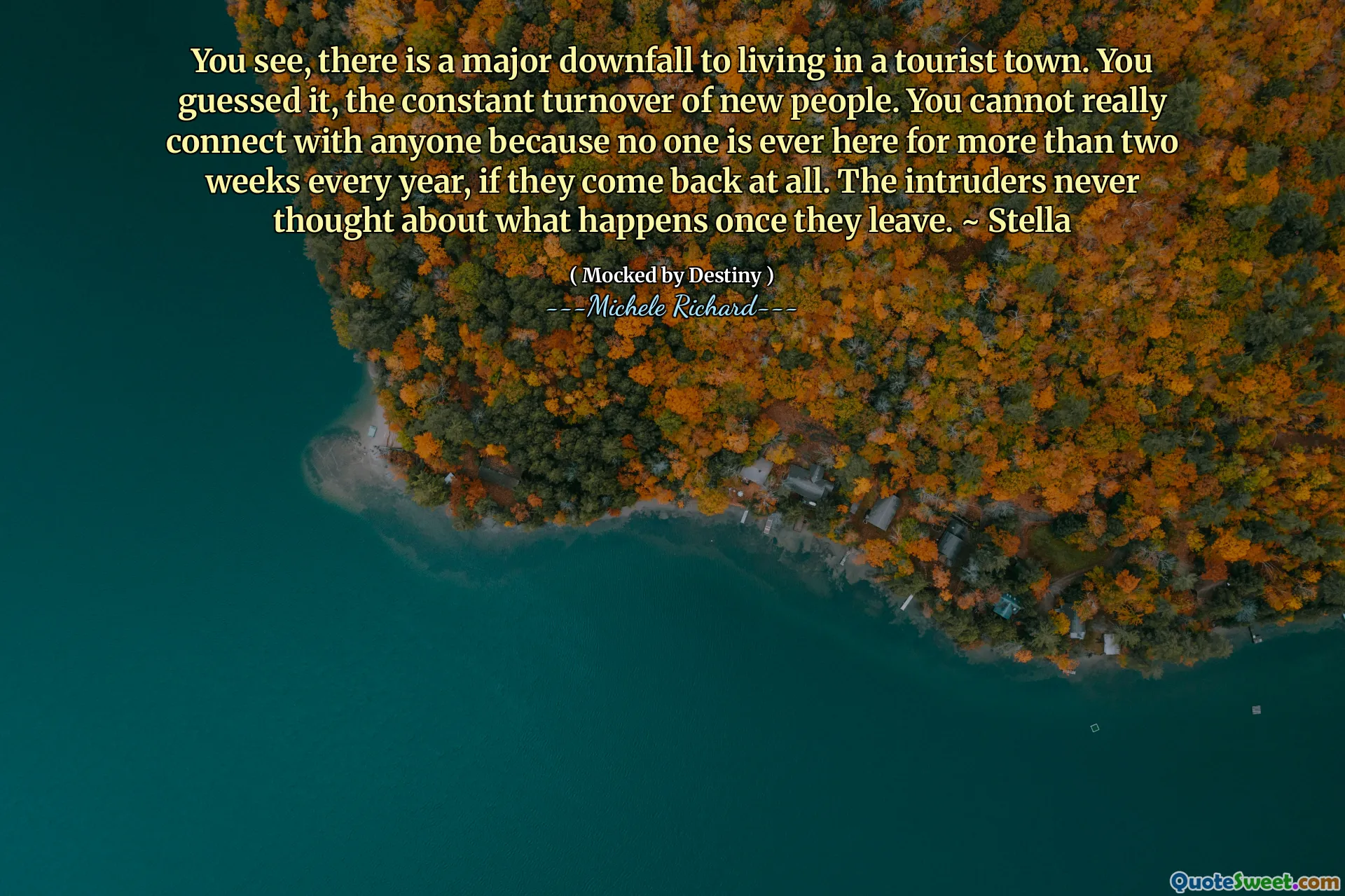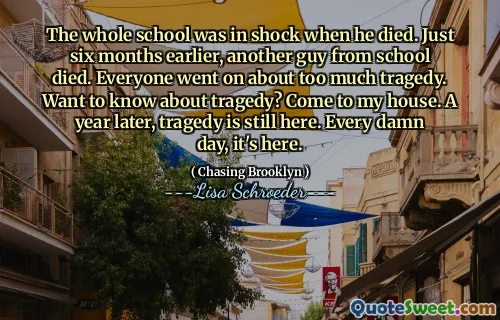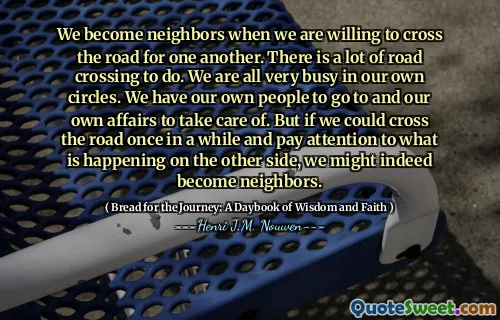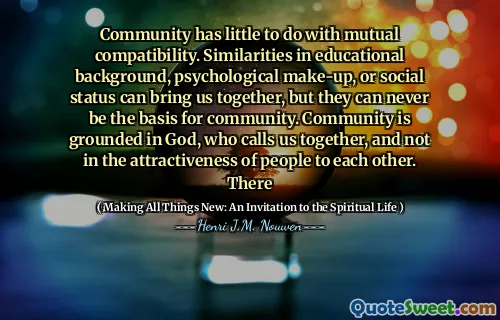
You see, there is a major downfall to living in a tourist town. You guessed it, the constant turnover of new people. You cannot really connect with anyone because no one is ever here for more than two weeks every year, if they come back at all. The intruders never thought about what happens once they leave. ~ Stella
[Mocked by Destiny]
Living in a tourist town often presents unique social dynamics that differ significantly from those in permanent communities. The transient nature of visitors creates an environment where deep, meaningful relationships are difficult to forge. Residents and frequent visitors may feel a persistent sense of disconnect, as everyone seems to be on the move. This constant turnover of people, while perhaps contributing to a lively and vibrant atmosphere, also leads to a sense of impermanence that can be emotionally draining.
From the perspective of residents, the inability to cultivate bonds with newcomers becomes a sort of emotional barrier. Each season brings a new influx of faces, but these relationships tend to be fleeting—lasting only as long as the visitors remain. The irony lies in the fact that visitors often do not consider the prolonged effects their repeated departures impose on the local community. Once tourists or seasonal residents leave, the community is left with memories and often a sense of disconnection.
This scenario raises questions about community, belonging, and the human need for stability and meaningful connection. It also highlights a paradox: while these towns thrive on the influx of new visitors for economic reasons, they risk sacrificing the deeper social bonds that make a community feel like a home. Understanding these dynamics is essential for anyone seeking to appreciate the social fabric of tourist towns—they are places of constant change, but whether that change enriches or impoverishes social ties depends heavily on perspective and effort.
The quote is a poignant reminder that superficial interactions might sustain the vibrancy of a town on the surface, but they often neglect the emotional depth that creates genuine community bonds. It calls for reflection on how transient populations impact social cohesion and what can be done to foster a greater sense of lasting connection amid such flux.
---Michele Richard---



